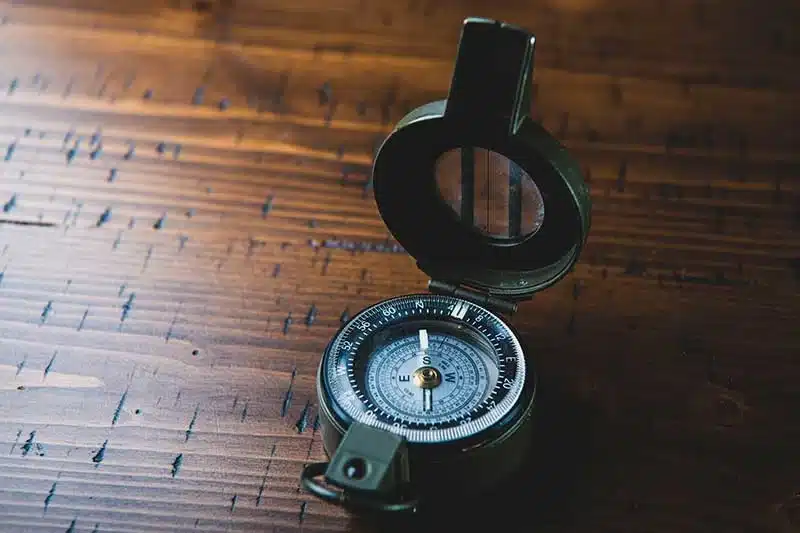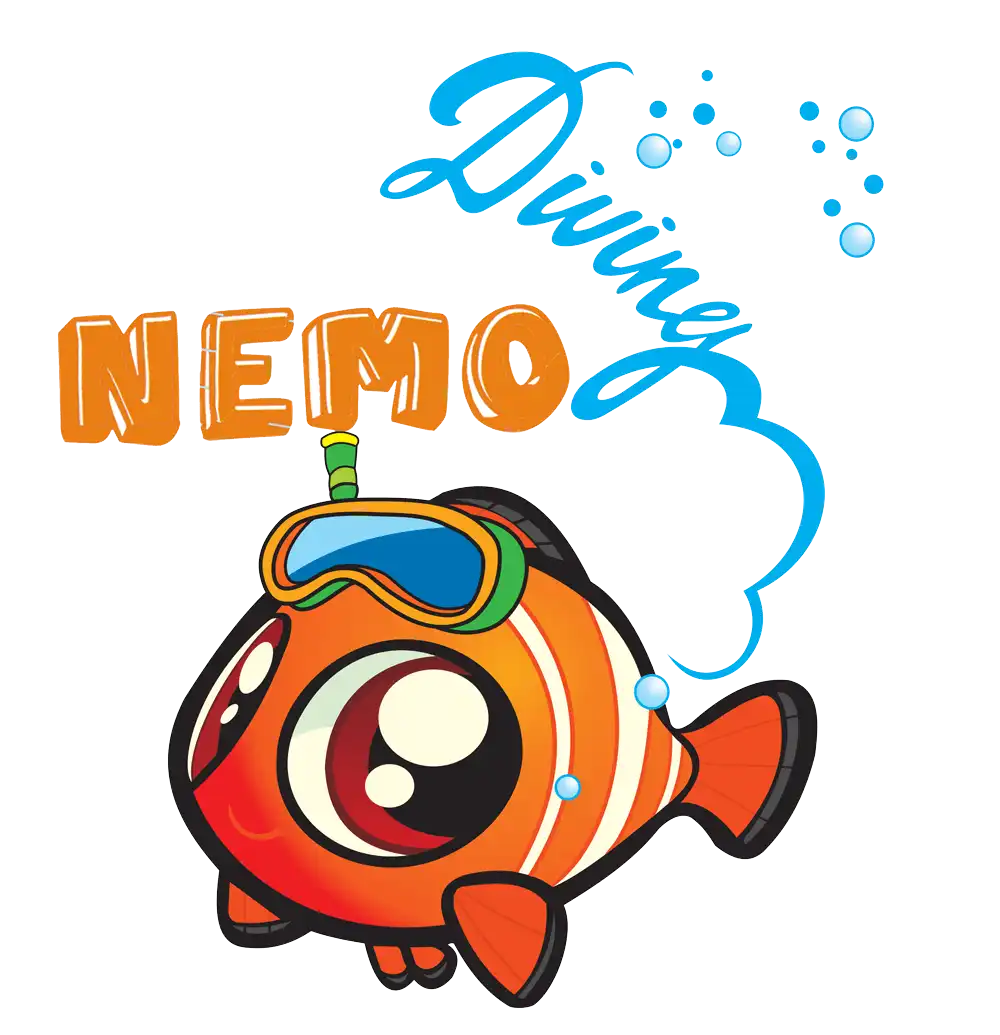
COVID-19 has forced people from different parts of the world to go on self-quarantine to prevent the spread of the disease. Being cooped up inside the house has not been easy for many people, especially those who enjoy nature and the outdoors. For divers who love exploring the marine world, the quarantine period has been a tough time.
With diving restrictions gently lifting in many places, divers can look forward to visiting the marine world again. If you’re planning to go scuba diving UAE, you can get in touch with Nemo Diving Center. Our dive center practices stringent safety procedures to protect our divers and staff from the Coronavirus.
While you’re waiting for the perfect opportunity to get back into the water, here are some dive skills that you can practice at home.

Navigation skills are important to find your way in the water but in order to maintain this skill, you need to practice regularly. Sometimes being supervised by a divemaster or professional guide makes you less concerned about navigation skills because you can just follow that person. Whether you have a guide or not, it’s important to know the basics of navigation, especially how to use a compass.
Use this opportunity to hone your navigation skills while you’re at home. All you need is a compass and a little imagination to practice this ability. The basic compass techniques are usually taught during your open water scuba training. On land, you can practice compass techniques without worrying about buoyancy. You can go through different patterns such as the U-pattern, square, or a designated point-to-point route. When you get used to following your compass bearings on solid ground, you’ll find it easier to navigate underwater.
You learn how to take long, deep breaths during your scuba diving training. Although breathing may seem simple, proper breathing techniques underwater takes getting used to. When you’re in the water, you have to breathe in deeply and fill your lungs. Then you have to breathe out in a slow, controlled manner.
Practicing conscious breathing at home can help reduce your breathing cycles. You can do this through yoga and meditation. They are not only good for your health, but they can also present you with great breathing exercises to prepare you for diving. Honing this skill will make it easier to master breathing techniques underwater.
If you have your own gear, you can practice putting it together. Use this time to inspect each component to check if it might need service. Practice putting your dive kit together and disassembling it until you are confident doing it even without looking.
Do you have fish cards lying around and collecting dust? Might as well put them to good use by reviewing the different species of fish and familiarizing yourself with their physical traits. You’ll find that it’s more rewarding when you can identify the types of fish that you encounter.
While waiting for the next opportunity to dive, you can spend your time wisely by reviewing your PADI e-learning materials and other references. Refresh your memory by going through important dive concepts.
Experiences
Find the perfect escape
© 2024 NEMO DIVING CENTER
Scuba diving is an exciting and adventurous water sport that offers a chance to explore the beauty of the underwater world and its amazing marine life. The UAE, particularly Dubai, is one of the most popular destinations for scuba diving, attracting divers from all over the world. With its crystal clear waters and diverse marine life, scuba diving in Dubai offers a unique and unforgettable experience.
The cost of scuba diving in Dubai varies depending on the dive center you choose and the type of dive you opt for. On average, a single dive can cost anywhere from AED 250 to AED 550, with the average price for a single dive being around AED 350. This price usually includes all the necessary equipment, such as the dive tank, regulator, and wetsuit, as well as the services of a professional dive guide. At Nemo Diving Center, We offer a wide range of diving packages to suit every budget and experience level.
Diving in Dubai is an incredible experience, and the UAE is home to many dive sites teeming with amazing marine life including colorful soft and hard corals, sea turtles, stingrays, manta rays, moray eels, cuttlefish, octopus, nudibranchs, seahorses, and a plethora of fish species. It is also noted for its incredible dive wrecks that have become rich artificial reefs. These dive sites offer a unique and exciting diving experience, providing a chance to explore sunken ships and other structures that have become havens for marine life.
Come and explore the unique underwater world of Palm Jumeriah in Dubai and incredible dive sites in Fujairah such as Dibba Rock, Sharm Rock, Martini Rock, Snoopy Island, and more. At Nemo Diving Center, we offer dive trips to these amazing dive sites, allowing divers to discover the incredible marine life that has made the wreck its home. We also offer a wide range of other dive sites to choose from, including shallow coral reefs, deep wrecks, and drift dives, providing something for every level of diver.
In conclusion, scuba diving in Dubai offers an unforgettable experience for all levels of diver. With its clear waters, diverse marine life, and incredible dive sites, Dubai is a must-visit destination for any scuba diver. Whether you’re a beginner or an experienced diver, our team at Nemo Diving Center will ensure that you have an amazing time exploring the beauty of the underwater world.
Click one of our contacts below to chat on WhatsApp
Social Chat is free, download and try it now here!
